Research in metaverse for value co-creation and technology-enhanced experience.
Professor Dimitrios Buhalis latest research focuses on Metaverse and is published in two recent high ranking publications.
Metaverse blends the physical and virtual worlds, revolutionizing how hospitality customers and hospitality organizations facilitate the co-creation of transformational experiences and values. Research aims to explore the opportunities and challenges that Metaverse introduces as part of the customer experience and value co-creation process and the potential transform of customer experience and value co-creation. Further research is planned to exploit the full potential of metaverse in value co-creation and technology-enhanced experience.
Buhalis, D., Lin, M.S. and Leung, D. (2023), “Metaverse as a driver for customer experience and value co-creation: implications for hospitality and tourism management and marketing”, International Journal of Contemporary Hospitality Management, Vol.35, https://doi.org/10.1108/IJCHM-05-2022-0631
Dwivedi,. Y., Hughes, L., Baabdullah, A., Ribeiro-Navarrete, S., Giannakis, M., Al-Debei, M, Dennehy, D., Metri, B., Buhalis, D., Cheung, C., Conboy, K, Doyle, R., Goyal, D.P, Gustafsson, A., Jebabli, I., Young-Gab Kim, Kim, J., Koos; S., Kreps, D., Kshetri, Kumar, V., Oui, K., Papagiannidis, S., Pappas, I., Polyviou, A., Park, S., Pandey, N., Queiroza, M., Raman, R., Rauschnabel, R., Shirish, A., Sigala, M., Spanaki, K., Wei-Han Tana, G., Tiwari, M., Viglia, G., Fosso Wamba, 2023, Metaverse beyond the hype: Multidisciplinary perspectives on emerging challenges, opportunities, and agenda for research, practice and policy International Journal of Information Management, Vol.66, October 2022, 102542,
https://doi.org/10.1016/j.ijinfomgt.2022.102542
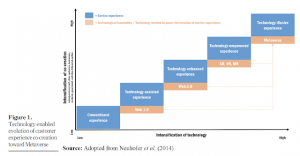
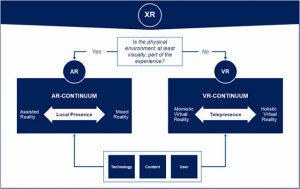
 There’s still time to book your place for the BU Research Conference, which takes place on Wednesday (26 June) in the Fusion Building.
There’s still time to book your place for the BU Research Conference, which takes place on Wednesday (26 June) in the Fusion Building.


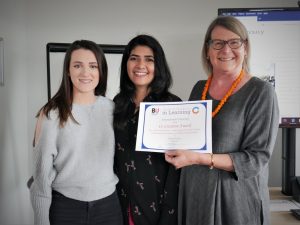




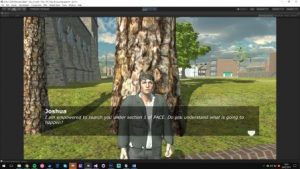

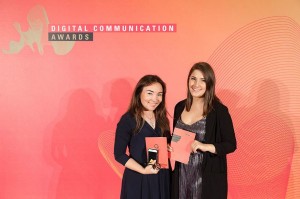 However, the reason for this post was primarily to communicate latest recognition and progress events that both Freya and I were part of.
However, the reason for this post was primarily to communicate latest recognition and progress events that both Freya and I were part of.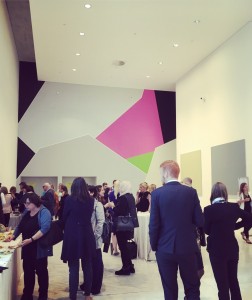
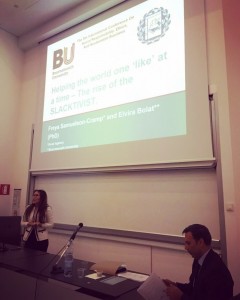




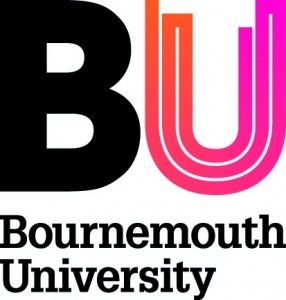











 BU attendance at third annual GCPHR meeting in June
BU attendance at third annual GCPHR meeting in June Interactive Tangible and Intangible Heritage Applications – BU student work featured in new book chapter
Interactive Tangible and Intangible Heritage Applications – BU student work featured in new book chapter Second NIHR MIHERC meeting in Bournemouth this week
Second NIHR MIHERC meeting in Bournemouth this week MSCA Postdoctoral Fellowships 2025 Call
MSCA Postdoctoral Fellowships 2025 Call ERC Advanced Grant 2025 Webinar
ERC Advanced Grant 2025 Webinar Horizon Europe Work Programme 2025 Published
Horizon Europe Work Programme 2025 Published Horizon Europe 2025 Work Programme pre-Published
Horizon Europe 2025 Work Programme pre-Published Update on UKRO services
Update on UKRO services European research project exploring use of ‘virtual twins’ to better manage metabolic associated fatty liver disease
European research project exploring use of ‘virtual twins’ to better manage metabolic associated fatty liver disease